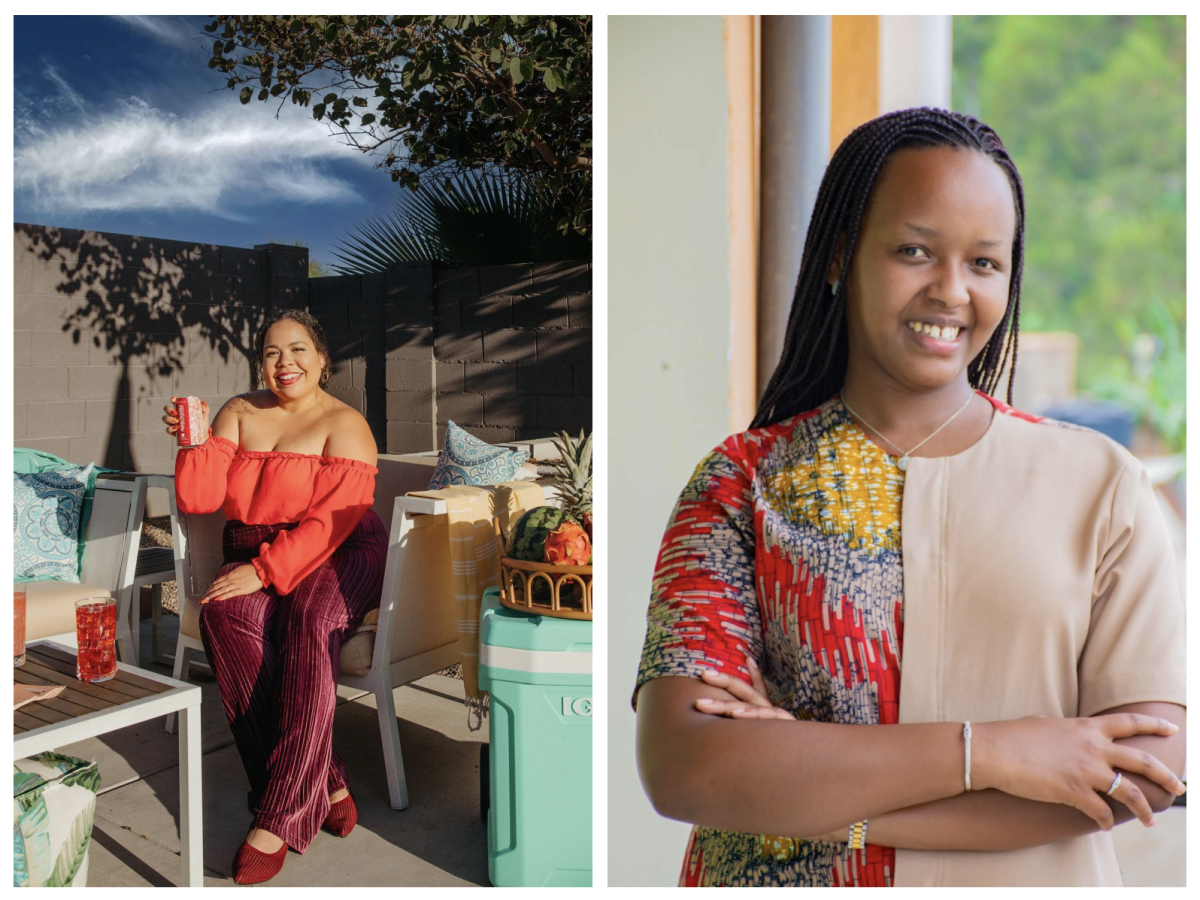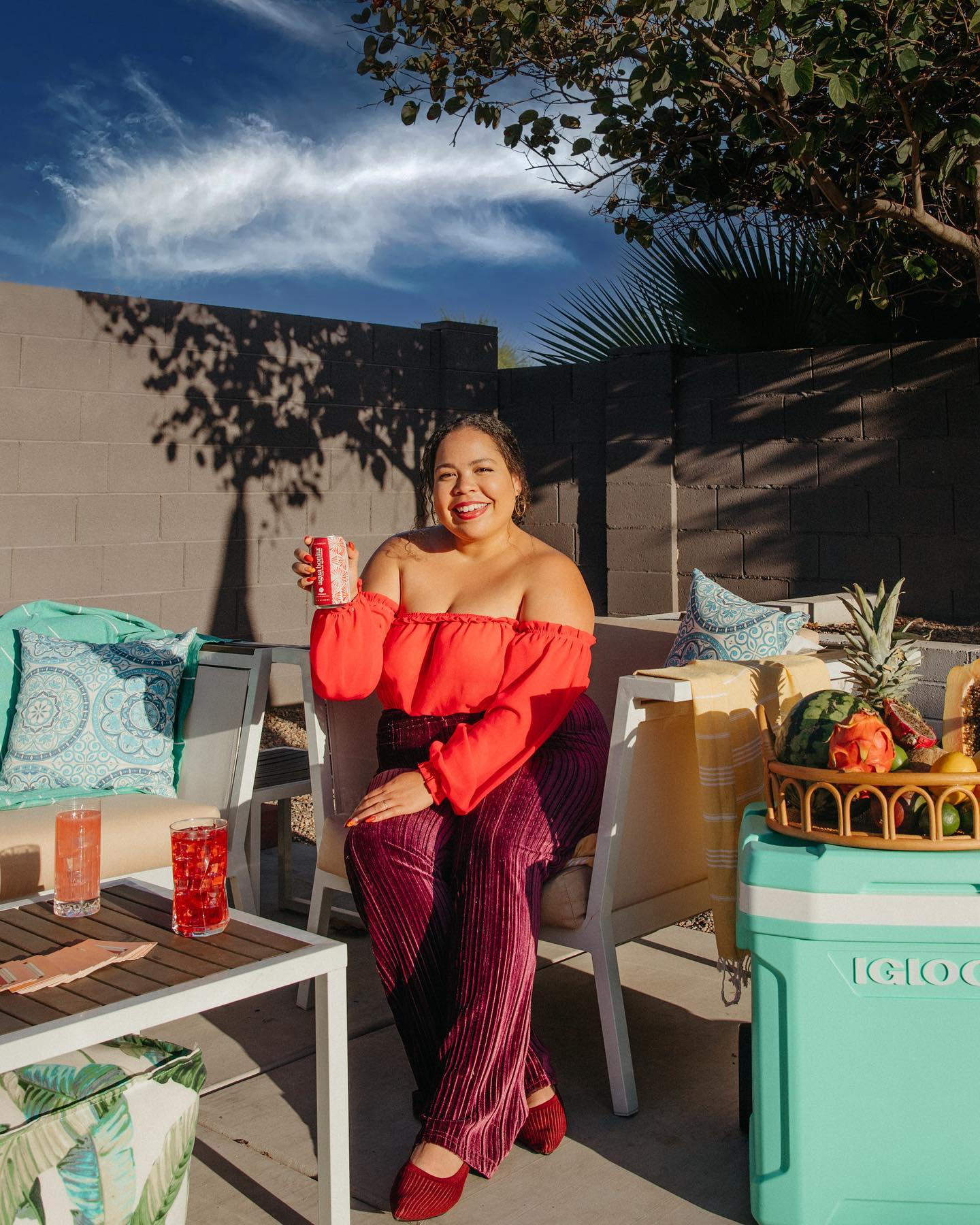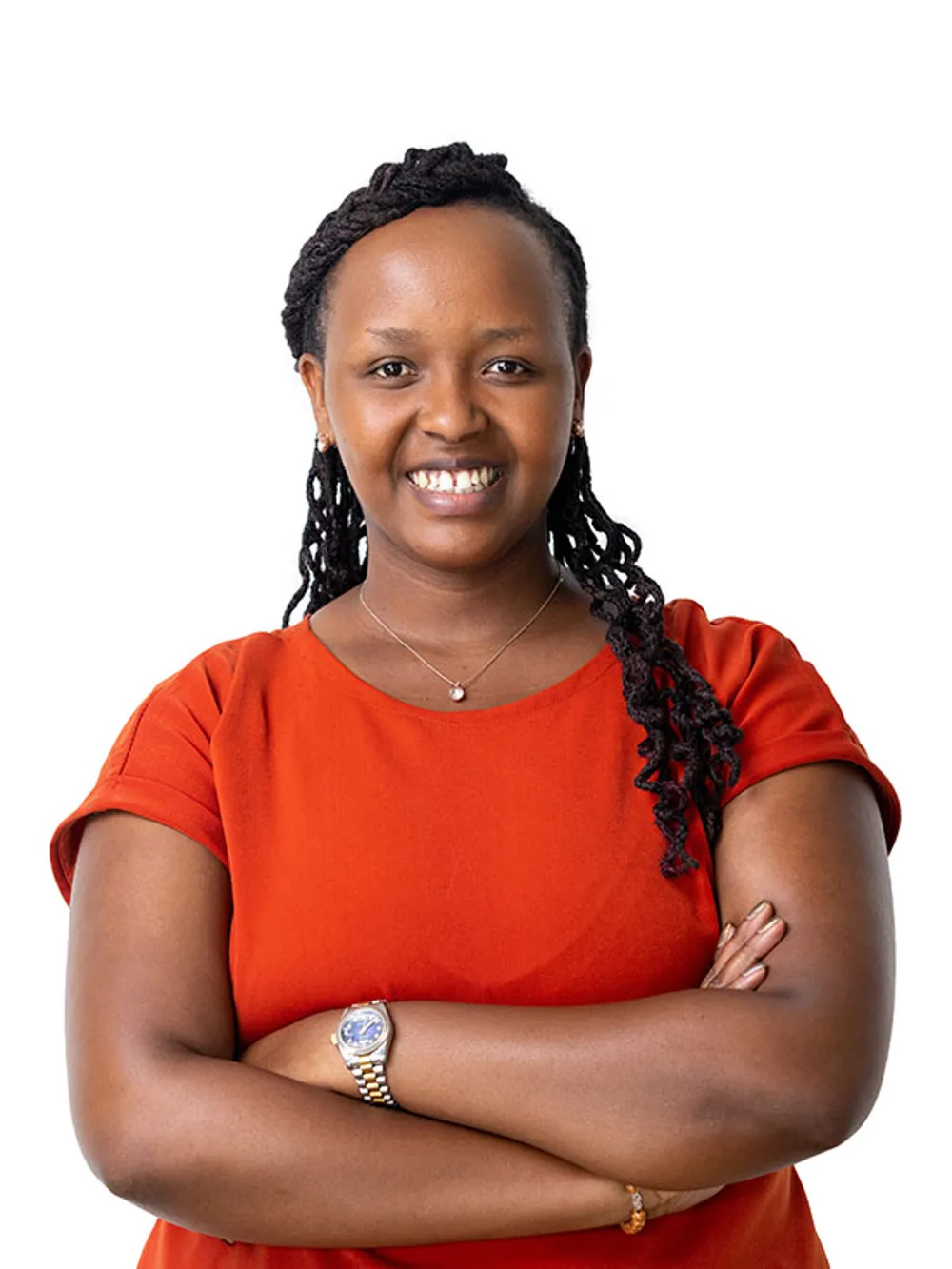
Being an entrepreneur isn’t easy.
Being a female entrepreneur, however, takes a special kind of grit, resilience and hard work that well — only a woman could handle. The gap in access to capital, expertise, and opportunities for female entrepreneurs remains, despite the increasing share of women-owned businesses across the globe.
Last year, for example, U.S. startups women-founded startups received 1.9% (or around $4.5 billion) out of around the $238.3 billion in venture capital allocated. A stark difference in comparison to their male counterparts.
Thankfully, the Cartier Women’s Initiative is looking to challenge (and change) these roadblocks for women across the world. The highly lauded program has been supporting and rewarding highly influential women entrepreneurs in nine regions around the world every year since 2006, awarding a total of $7,440,000 in financial backing to 298 women from 63 different countries.
“The core of our initiative believes in the importance of two things: 1) business as a force for good, and 2) the role of women in it,” says Wingee Sampaio, Global Program Director of the Cartier Women’s Initiative. “Business as a force for good leads us to walk the talk at Cartier, but also in our corporate commitment to support impact entrepreneurship to create social and environmental change. We are keenly aware of the challenges the world faces, and we do not believe in leaving half of the world behind in designing and solving these challenges. The world needs all of us to create the change we all need. The pilot DEI program category is also inspired by this.”
The Cartier Women’s Initiative commenced its annual awards ceremony in May of this year in Paris, with an uplifting ceremony for the 32 remarkable impact entrepreneurs from all over the world who dispensed invaluable insight on the entrepreneurial terrain and the impact for each of their respective businesses. The theme of the event was “Forces for Good,” and speakers and panelists included Amal Clooney, co-founder of the Clooney Foundation for Justice; Cyrille Vigneron, CEO and president of Cartier International; Nadine Labaki, actress, director and activist; Yara Shahidi, actress, producer and change agent; and Mélanie Laurent, French actress, director, and environmental activist.
While every awardee is indeed extraordinary, there are two women on a mission to change the world using their force for good (see what I did there?). Meet two remarkable female entrepreneurs and awardees from this year’s Cartier Women’s Initiative class.
Kayla Castañeda, Agua Bonita

Kayla Castañeda turned a favorite childhood treat into a successful and fast-growing good-for-you beverage company. Her company Agua Bonita uses rescued fruit to create agua frescas that are healthier than traditionally prepared versions, supporting farm workers and saving millions of pounds of produce.
On what inspired her to create a canned healthy version of an agua fresca.
Growing up my grandpa, who was a migrant farmworker in his early life, would bring home fruit from the fields and make us aguas frescas because he couldn’t stand to let super ripe fruit that was not being harvested to go to waste. He was also a diabetic. His influence in not wasting any resources and his health helped Agua Bonita take shape in the way it has to date.
On her why.
My “why” is my culture and community. Those two things are what fuels our company every day to make quality products, to make an impact, and to create a positive change in the world.
On the advice she would give to women entrepreneurs on starting a business from scratch.
Be as creative as you can be when it comes to problem solving. Capital won’t always be available, but your ingenuity and creativity will and you can always find a way to apply that in a problem solving effort.
Yvette Ishimwe, IRIBA Water Group Ltd.

At 22-years-old, many of us were still navigating early adulthood and figuring out what to do with our lives. Yvette Ishimwe, on the other hand, is something special. As the founder and CEO of IRIBA Water Group Ltd, a social enterprise that offers innovative drinking water solutions to communities and schools in Rwanda and in the Democratic Republic of Congo, she has turned her country’s water challenge into a business opportunity to benefit the poor (even catching the attention of Queen Elizabeth II).
On what motivated her to launch this business.
In 2015, my family relocated from Kigali city to a rural community in eastern Rwanda called Kayonza. Our experience there became overwhelming, making it hard for us to settle in, because the place was dry and had no access to clean water for home use and drinking. I experimented a simple solution to help my family get water which was to hire a truck to fetch water from a nearby lake, and bring it in our home water tank, then with a connected water filtration system which I had found on Google, we were able to have clean water for our home use and also for drinking. After witnessing the burden that women and children in that community bear fetching water from remote places to their homes, I decided to extend that solution to my entire village to help people improve their livelihoods.
From supplying water to my home and neighbors, this initiative grew into a social enterprise that is currently supplying affordable safe drinking water to more than 309,000 people every day, has created 68 jobs, and we are active in 3 countries across Africa (Rwanda, D.R Congo and Central Africa Republic). We have launched different innovations such as the Tap&Drink for communities and schools, where we provide affordable drinking water to low-income people in urban communities, and schools using state-of-the-art smart water ATM.
On the biggest challenge she has faced along the way.
The biggest challenge that I have faced along the way was to build and sustain a social business with very limited financial capital. As a social enterprise, we are serving the underserved, giving them what others didn’t because of their financial capacity. To bridge the gap of reaching this huge and neglected population, while trying to grow the business’ financial independence is the hardest thing I have dealt with from the beginning.
On her vision for IRIBA Water Group in five, ten years.
In the next 5 years, IRIBA Water Group envisions reaching 3,000,000 people with safe drinking water and creating 685 decent jobs for youth and women through our franchise model across Africa.